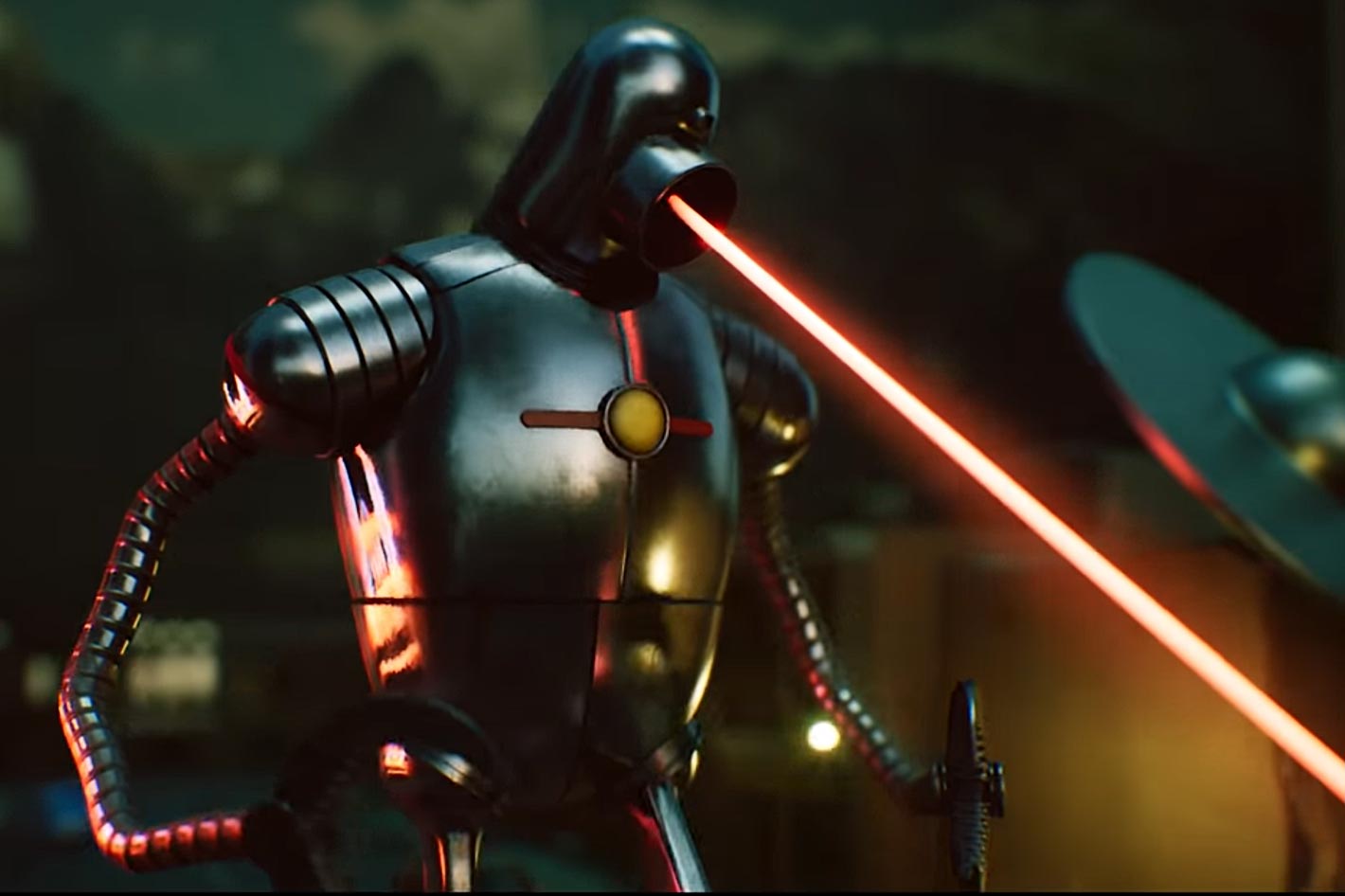
With the new Unreal Engine 4.25 from Epic Games announced, with real-time ray tracing support ready for production, it’s the right time for the second round of NVIDIA’s DXR Spotlight Contest, a partnership with Microsoft, Epic Games, Razer, ASUS, and MSI. The format for the contest, says the company, is the same as last year: NVIDIA is asking content creators and game developers to deliver tech demos showcasing real-time ray tracing. Entrants must use Microsoft DirectX 12 and DXR, along with Unreal Engine and the GeForce RTX platform.
DXR support is not just for the big studios. The goal of the contest is to encourage indie developers to experiment with Microsoft DirectX Ray Tracing (DXR). The DXR Spotlight contest asks content creators and indie game developers to use DXR and Unreal Engine 4.24 (or greater) to create tech demos showcasing real-time ray tracing. With DXR and Unreal Engine, game developers no longer need to bake shadow or lightmaps into their environments or use cube maps or screen-space reflections in their games to cast realistic reflections. Real-time ray tracing simulates the physical behavior of light to bring real-time, cinematic-quality rendering to games like never before.
This year, the first place winner will receive a Razer Blade 15 Studio Edition laptop and $250 of Unreal Engine Marketplace store credit. Second place winner will receive a GeForce RTX 2070 SUPER from ASUS and $150 of Unreal Engine Marketplace store credit. Third place winner will receive a GeForce RTX 2060 SUPER from MSI and $100 of Unreal Engine Marketplace store credit.
All applications must be received by 11:59 p.m. Pacific Time, June 26, 2020 to qualify. Submissions must be both a YouTube clip (minimum 30 seconds) of the tech demo and a link to download the tech demo. A panel of real-time ray tracing experts from NVIDIA, Microsoft, and Epic Games will select the three best entries. Content creators and/or developers must integrate the below technology into their tech demo to qualify:
- Real-time ray traced reflections; and/or
- Real-time ray traced ambient occlusion; and/or
- Real-time ray traced shadows; and/or
- Real-time ray traced global illumination
- Originality – has the developer created their own assets for the tech demo.
- Technical Achievement – how well has the developer integrated real-time ray traced reflections, shadows, ambient occlusion, and/or global illumination into their tech demo.
- Creativity – how well has the developer not only integrated real-time ray traced reflections, shadows, ambient occlusion, and/or global illumination into their tech demo, but how they have used it (i.e. is this something we did not anticipate?).
- Interactivity – not only can the judges play the tech demo, but an enjoyable experience has been delivered.
Last year’s winners, Christian Hecht, Alden Filion, and Opus Visual all received GeForce TITAN RTX GPUs for their efforts. Christian’s entrant, Attack from Outer Space, is a throwback to 1950s sci-fi. His tech demo features real-time global illumination, shadows, ambient occlusion, and reflections. Christian is still developing in UE4 today, focusing primarily on lifelike digital humans.
Alden’s entrant, Diode, is his solo game development effort. The game features real-time shadows, ambient occlusion, and reflections. He’s still hard at work on the game, hoping to release it later in 2020. Lastly, Opus Visual’s entrant, LP Trailer, showcased beautiful real-time reflections, shadows, and ambient occlusion. Opus Visual today continues to develop high end visuals for clients in the gas and oil industry.
